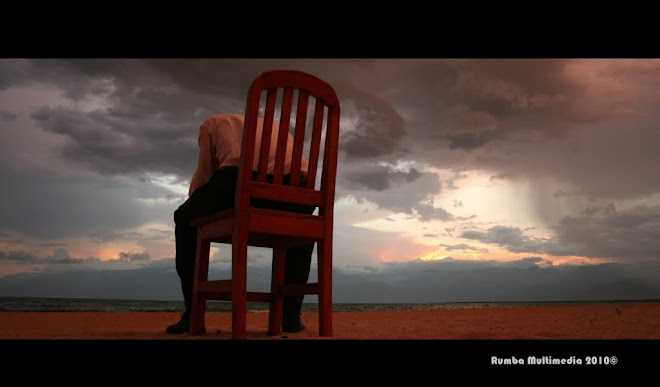I recently had an opportunity to read the critically acclaimed book “It’s our turn to eat” by British journalist Michela Wrong. This was after numerous recommendations from my friends.
The book is a gripping and revealing analysis – from the whistle blower’s perspective – of the inner workings of the Kenyan political leadership. In many of the sections, it takes the reader on a roller coaster ride through the corridors of power as well the arrogance and duplicity of politicians away from the public glare. In other sections, it has the reader’s pulse throbbing with scenes reminiscent of the espionage thrillers the late American author Robert Ludlum was famed for.
Had it stopped there, I would have considered it a brilliant and incisive piece of literature. However, Ms. Wrong’s decided to delve into the intricate world of development aid. Her account of the role of the World Bank in "abetting" corruption, the two-facedness of the British government in addition to the issue of corruption and nepotism in Kenya is noticeably biased.
Cases in point; she attempts to cast the whistle blower’s father as a saint in the corruption labyrinth yet it is clear that he – as the Kenya’s first president’s accountant – has been an integral cog in that same system she is vilifying.
Additionally, her onslaught on the policies of the Department for International Development (DFID) on one hand and her defence of the Foreign and Commonwealth Office (which oversees the British diplomatic missions) on the other hand, is also not representative and only succeeds in bringing to the fore supposed intra-governmental rivalries pitting the two ministries against each other. It is clear that her main sources of information are those that support her chosen storyline whereas the actors on the other side of the divide are cast as betrayers of the reform agenda. Some of her subjects are also emotive lone-rangers who are even given the wide berth by their own governments; this, ultimately, does not give credence to her story.
It does not stop there, Ms. Wrong then again subjectively and botchedly delves into a complex subject that she clearly does not comprehend; tribalism in Kenya. The end result of her analysis is an indiscriminate vilification of one tribe and “their” supposed role in the corrupt and nepotistic nature of the Kenyan society today. In so doing, she casts herself as the typical I-lived-in-Africa western or western-aligned authoritative connoisseur” on Africa matters. To someone residing outside Kenya, her account most likely confirms (from a skewed perspective) the hopelessness of the country (and by extension the African continent) in the face of tribalism.
Living in Kenya by itself does not automatically provide an outsider with a straightforward representation of our ways of life. You have to understand why; most journalists, political commentators and “experts” on Africa assigned to Kenya always end up living in the higher-end, furnished and gated communities with little or no contact with the deprived masses. Their interpretations of the social, economic and political circumstances in Kenya often revolve around age-old, condescending, regurgitated assessments of tribal affiliations (depending on who holds the power reins).
Few are wise enough to see the glaring reality; tribalism is but a pretext by the political elite, a lazy conclusion by the media and a scornful judgment by self-proclaimed political specialists on the real reasons for our decadence. It is always the easy explanation, the easy way out.
Social and political elitism rather than tribalism are in reality the valid reasons for this social decay. Only when you have interacted completely at all levels of Kenya’s social structure will you appreciate the disconnection of the masses (tribe notwithstanding) from the political class.
I would have expected Ms. Wrong to focus more on her chief character, John Githongo’s important contribution and personal sacrifice to the fight against corruption in Kenya rather than to add in countless fragmented and uncorroborated angles that left me unable to separate facts from emotions.
As a “member” of the disparaged tribe in the book, I feel insulted and condemned by Ms. Wrong’s condescending and ill-researched assessment of the tribal fabric in Kenya and the supposed role of “my tribe” in the perpetuation of tribal animosity and corruption. If Ms. Wrong had set aside time to talk to me and a group of countless other like-minded “Kenyans”, then she would have perhaps realised that this group is glued together, irrespective of tribal affiliations, by a number things; mutual dislike of the political elite; everyday struggle to survive, one language and similar dreams for our great country.


No comments:
Post a Comment